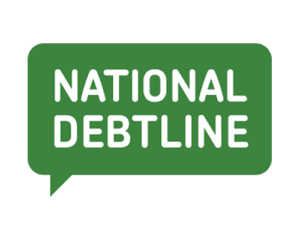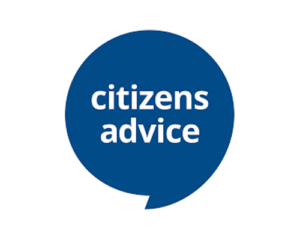Advice & Guidance
When an enforcement agent gets in contact
An enforcement agent (bailiff) or enforcement firm may get in contact when someone has a warrant of control, liability order or high court writ taken out against them for an unpaid debt such as council tax arrears, parking penalties, road traffic contraventions and charges, magistrates’ court fines, county court, high court, or family court judgments.
When a debt is received by an enforcement firm, it enters what is called the compliance stage. The first step for the enforcement firm in the compliance stage is to send a Notice of Enforcement stating that they are enforcing the debt and asking for payment. At this stage the firm will add a fixed standard fee to the debt.
Firms are currently required to give at least seven days’ notice from sending the Notice of Enforcement before visiting a property. It is important, wherever possible, for people to respond to the Notice of Enforcement and talk to the enforcement agent or firm early. This could help to stop them from visiting a property or taking further action.
Not agreeing a payment arrangement with the enforcement company before the date specified on the notice, means that the case moves to the enforcement stage. This means an enforcement agent is likely to be instructed to visit the address listed.
When the agent visits, another fixed fee will be charged and added to the debt, even if
there is no one home and the agent does not speak to anyone in person. However, there
should be an acknowledgement that this visit has taken place, and a notice must be left at
the property i.e: a letter.
You can read more about your legal rights when contacted by an enforcement agent here:
Bailiffs power when they visit your home
Fees
The fees that enforcement agents charge are paid by the person that is being enforced against.
The level of fee that can charged is set out in legislation.
To learn more about the different fees enforcement agents can charge, please visit: Check what fees bailiffs can charge – Citizens Advice
Vulnerability
Enforcement firms should take vulnerability into account when enforcing debts and vulnerable people might be eligible for extra time or other support in resolving their debts. In practice, most firms will require some form of evidence to prove a vulnerability.
The ECB is developing detailed guidance on vulnerability in 2025. In the meantime, firms that are accredited by the ECB must comply with standards. These mandate that compliance with the relevant requirements of the Taking Control of Goods: National Standards (paragraphs 70 – 78).
For more help and advice
For free, independent debt advice please visit:
Debt advice organisations can support vulnerable people to work out a budget, check for benefits and give advice on how to deal with debts.



